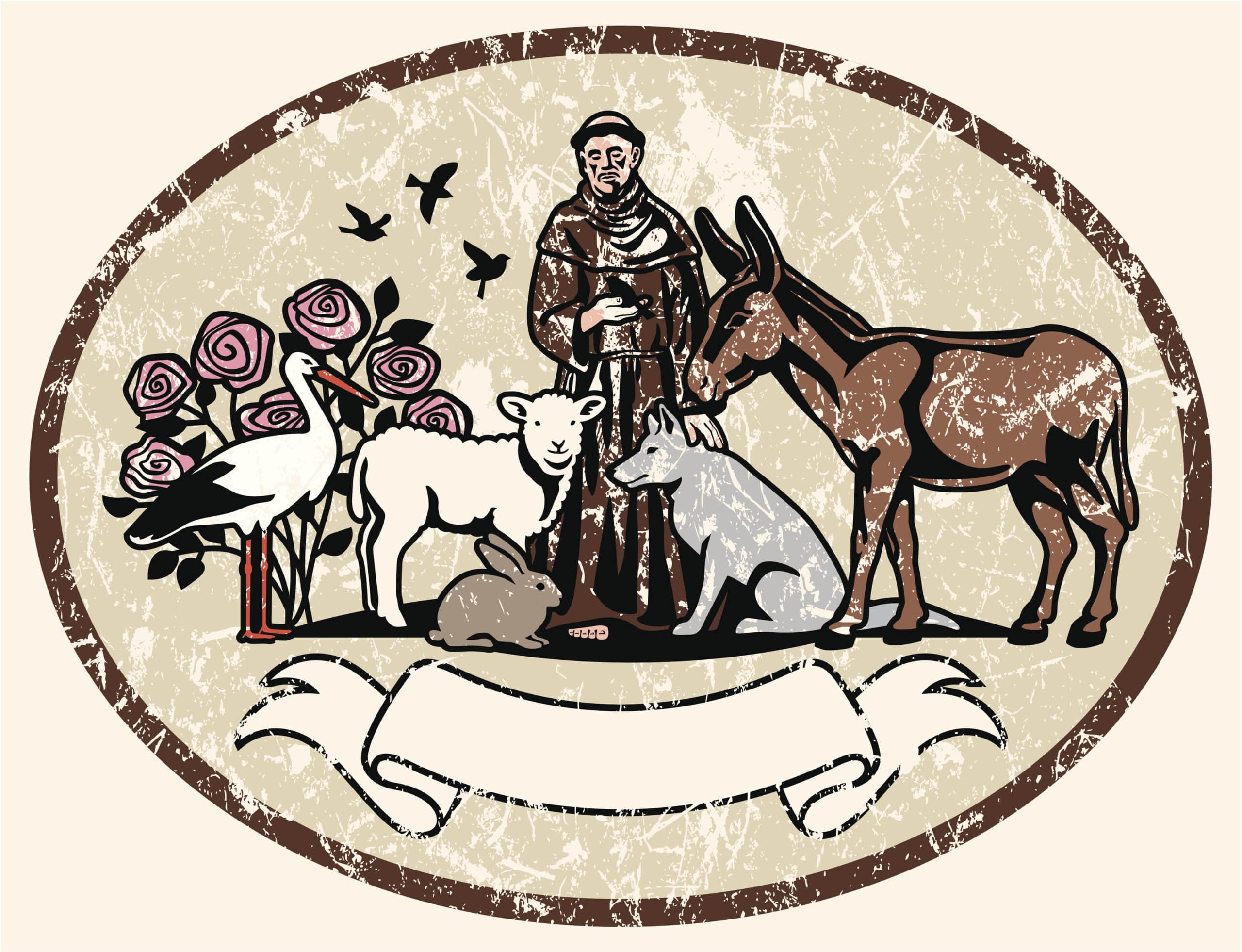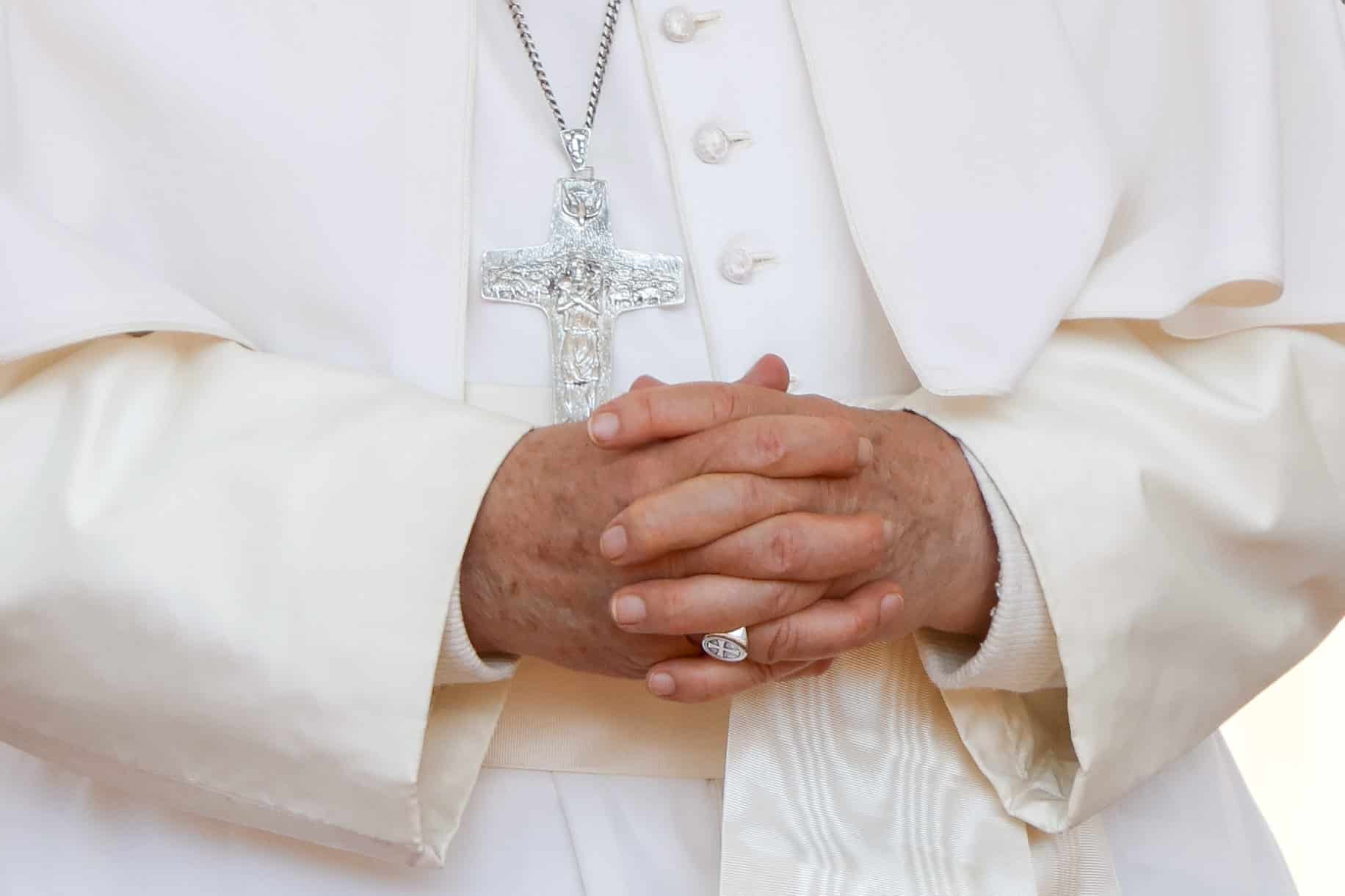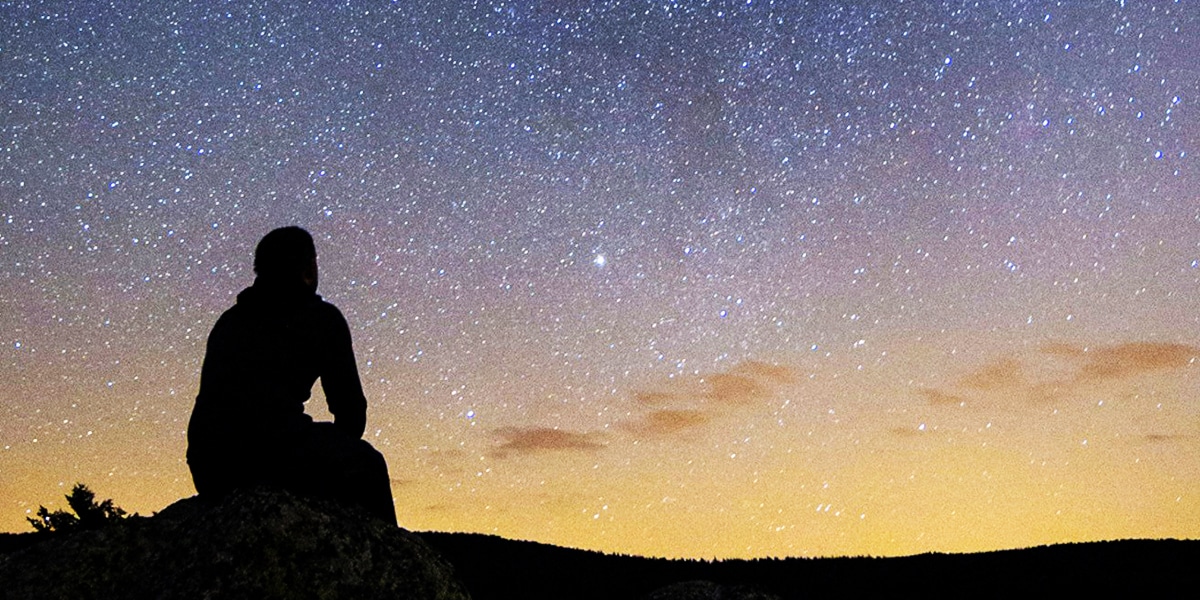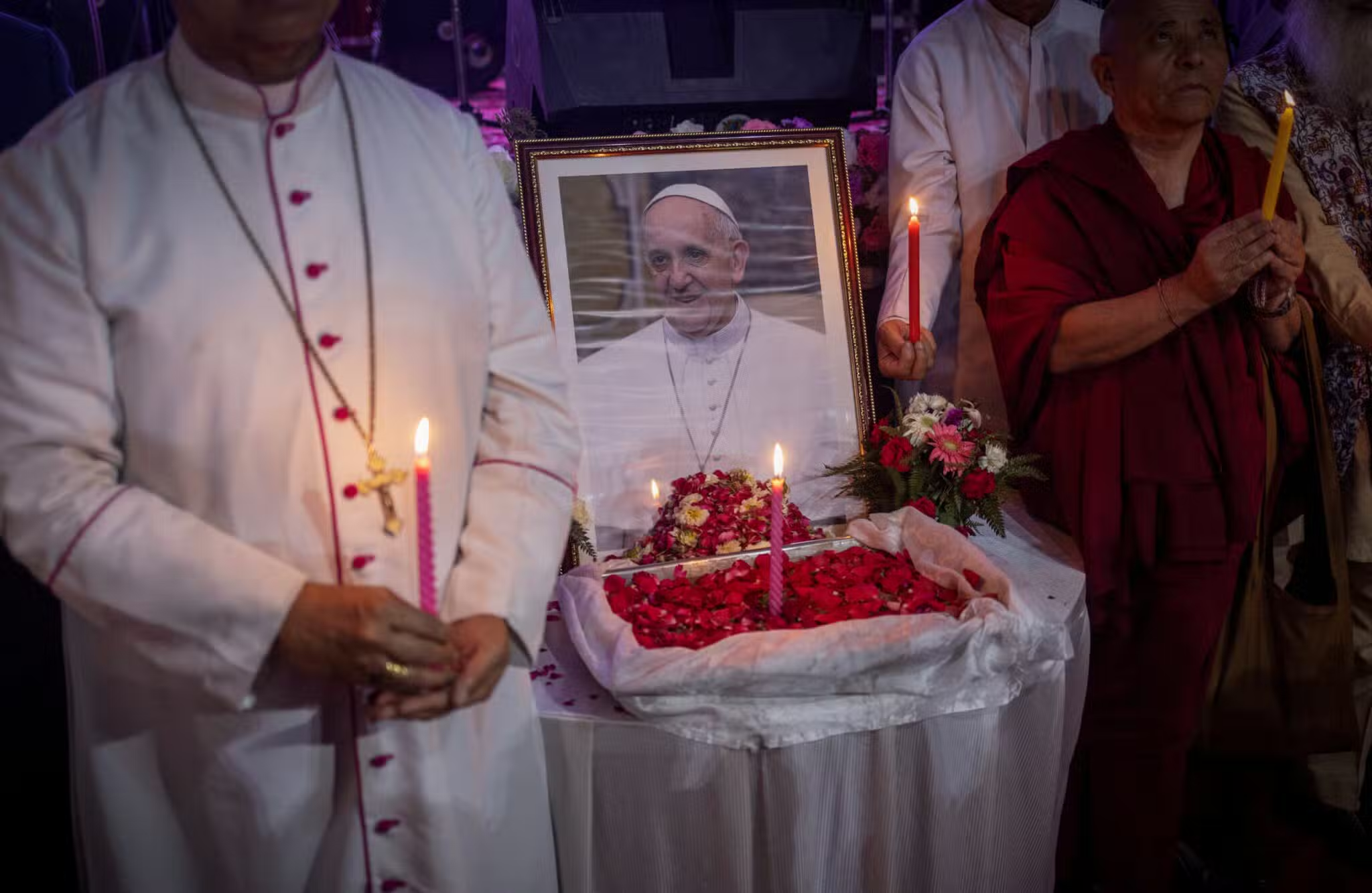It was in the spring of 1224 that Francis composed the final poem of his life, The Canticle of Brother Sun. This is a spontaneous outpouring of love and praise that reveals ingenuously the profound unconscious integration that the love of God had affected in his life:
Most high, all powerful, all good, Lord!
All praise is yours, all glory, all honour
And all blessing.
All praise be yours, my Lord, through all that you have made,
And first my Brother Sun,
Who brings the day, and light you give to us through him.
At every critical moment of his life Francis had broken forth in song like the troubadours he listened to and admired as a boy. And in a sense The Canticle of Brother Sun is more a song than a well-crafted poem.
Like the life of Francis himself, this canticle is not a self-conscious work of art. It looks wholly to the Other with the eyes of praise and adoration, and that Other is God revealed in all God’s creatures. It is a summary of a soul open to everything around it and everything deep within… It is the song of a soul who has lived the truth that only two things really matter: the love of God and the love of God’s creation…. God dwells “deep down things,” and you find God when God finds you loving the world he has created and redeemed…Reverence for and joy over everything and every person becomes the sign of the love of God.
However, this joy of Francis is not the popular notion of the great lover of birds who adorns bird baths all over the world. The circumstances in which Francis sang his great canticle should dispel forever the sentimental picture of Francis of Assisi as a happy “Romantic” skipping through the woods, talking to animals, with a cute little bird on his shoulder. On the contrary, Francis was a man who took quite literally Christ’s words, If anyone would be my disciple, let him take up his cross daily and follow me (Mt 16:24).
The rule and life of the brothers is following in the footsteps of our Lord Jesus Christ. Where those footsteps led Francis himself is dramatically drawn in the scene of his composing The Canticle of the Sun.
He has just returned from LaVerna, where he has been imprinted with the wounds of Christ. He is suffering what is probably tuberculosis and from a painful trachoma that causes his eyes to bleed and makes LIGHT unbearable. He cannot endure the light of the sun or even a candle by night, so he lives for over fifty days and nights in a darkened hut beside his beloved church of San Damiano.
Field mice run back and forth across his weakened body which hemorrhages from time to time from the wounds of Christ which Francis bears in his body. He is in deep depression over the betrayal of his ideals by those brothers who are becoming more like monks than poor, wandering mendicants. He feels, in his weakened condition, that God has abandoned him, that he is a lost soul.
It is out of this terrible darkness that the Canticle breaks forth from Francis’ soul. No sugary piety here, no ecstatic response to a rainbow, but a celebration of what he himself can only dimly feel in his brokenness, a poem of faith, hope, and love.
This acceptance of God’s will is why St. Francis could sing a song of joy like The Canticle of Brother Sun in the midst of extreme pain and suffering. He was able to let go and give his suffering to God, because he saw in a vision that all of this misery was as nothing compared to the treasure buried inside it.
A Prayer
Leader: In the presence of our God who awakens us to receive all of LIFE as a blessing:
All: we stand humbly.
Leader: In the presence of our God who makes forgiveness the measure of sincere love:
All: we beg for the grace.
Leader: In the presence of our God who endured scorn, pain and denial:
All: we seek courage and understanding.
Leader: In the presence of our God who lifted up the unloved and forgotten:
All: we hope for an open heart and an unselfish spirit.
Leader: In the presence of our God who rebuked anger and agitation:
All: we seek forgiveness and peace.
Leader: In the presence of our God who emptied Himself for our sake:
All: we seek to be conscious of the ways we rupture peace by our blindness and need for control.
Leader: In the presence of our God who is the fullness of all GOOD:
All: We pray: Loving, good and gracious God, to you alone belongs all honor, all praise, all glory. With Francis, we pray, “You are all our riches and you alone suffice for us.” Thank you for your Spirit deep within us, leading us to understand forgivemess and to seek to love with all our hearts. Amen.








